Nutrition Expert Denee Bex Honors her Indigenous Heritage with Inventive Culinary Education
Free Foodbank of Santa Barbara County “Food as Medicine” Virtual Lecture on Feb. 7
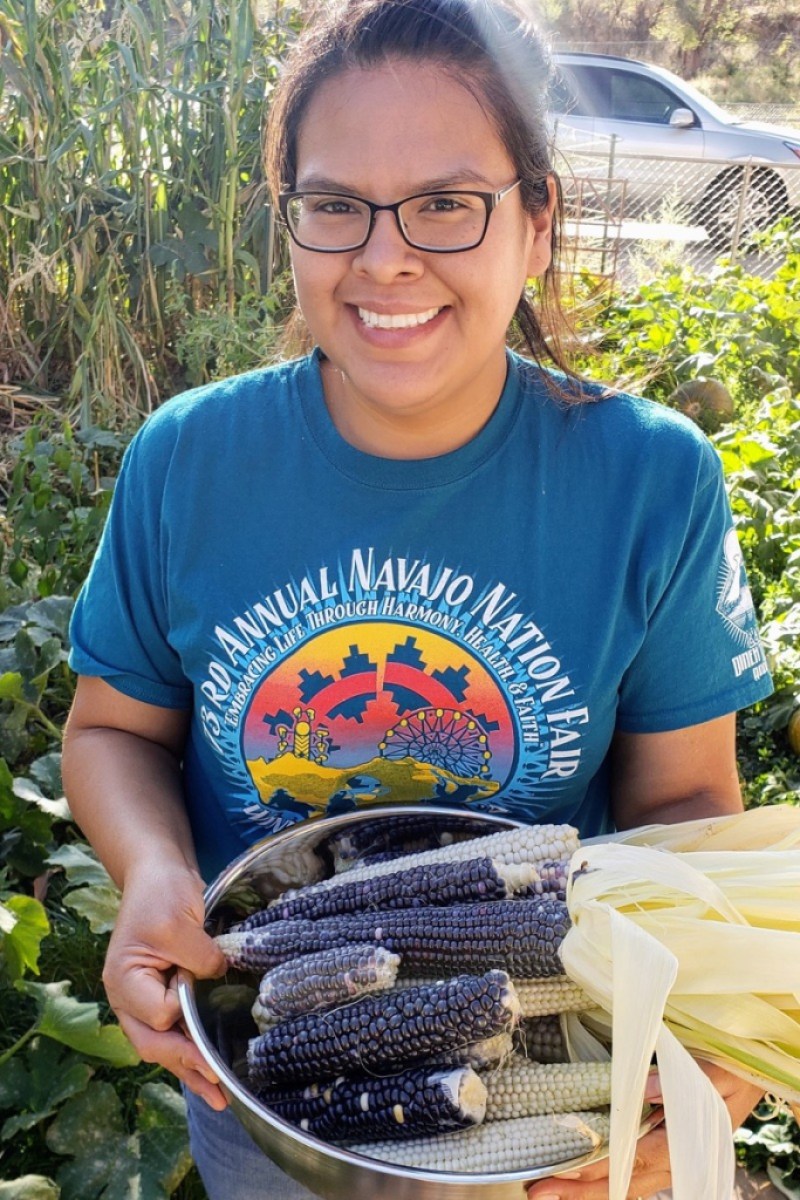
In the heart of Native American communities, a profound transformation is taking place — one that seeks to break free from the stereotypes and biases surrounding health issues. While obesity, diabetes, and heart disease have often dominated the conversation, a new narrative is emerging, one that embraces a holistic approach to nutrition and well-being.
It starts by removing the one-size-fits-all approach to food and replacing it with stories and conversations that instead celebrate traditions, family and building connections through mindful eating without bias.
This is the approach Denee Bex, an award-winning registered dietitian and member of the Dine’ (Navajo) Nation aims to take when she speaks about nutrition in Indigenous communities. For the last 10 years, Bex has been on a course to challenge the prevailing model of nutrition education by breaking away from the negative stereotypes that she says cause shame and disempowerment.
“Nothing has a higher rate of failure than a black-and-white approach to nutrition,” said Bex, who instead takes a larger birds-eye lens approach to figure out solutions to systemic native community health issues by honoring the rich heritage and history that native foods have in Native American communities.
The Navajo Nation reservation, which spans 27,000 square miles and has a population of over 173,000, is the country’s largest area of land held by a Native American tribe in the United States. It occupies portions of Arizona, northwestern New Mexico, and southeastern Utah. Most homes do not have electricity, running water, or telephones. This is the setting where Bex’s interest in food first took shape. Raised in a low-income home, meals in her family typically came from a box or a can. “Nothing my mom cooked was made from scratch,” she said.
Bex learned to experiment with different recipes and test out different ingredients. She started cooking full meals for her family which led to her interest in pursuing a career as a chef. She soon learned that culinary school carried a hefty price tag and that financing the coursework would be a big financial burden, so she shifted her focus and pursued a degree in nutrition, eventually receiving a Bachelor of Science from Arizona State University, a Master of Public Health with a focus on community health education from New Mexico State University, and is a Certified Diabetes Care and Education Specialist.
Once in her field, Bex discovered that the nutrition information being sold didn’t reflect Native American foods and their food values. Bex says 85 percent of dietitians are white and female, a problem because the communities that hold the most disease don’t fall into their demographic. Her anger at this disparity fueled her mission to provide representation and solutions. Bex teaches practical and achievable healthy eating practices, incorporating indigenous ingredients into meals and snacks. “It’s a more do-able way that works in our lives,” she said.
Acknowledging the historical trauma experienced by native communities, Bex emphasizes that conditions like diabetes are not merely symptoms of poor nutrition but indicative of deeper, systemic issues. “If we solve it tomorrow, we’re still not going to have access to clean water, we’re still not going to have electricity,” said Bex, who believes these non-medical factors are not getting enough recognition.
“Instead of us just pinning it down to one thing, I try to show our communities how they can build skills with the environment that they do have.” The biggest barrier in the Navajo community to healthy food access is money. If you don’t have enough money to purchase more nutrient-dense foods, you’re not going to have the capacity to pay for your child’s diapers or your gas. The average amount of time to get to the grocery store on the reservation is an hour and a half. This means shelf-stable foods dominate indigenous kitchens and pantries.
Bex helps to counteract the demise of traditional food systems by building relationships with native farmworkers. She works to ensure farms have access to dietitians for recipe development. At the core of this revitalization is a return to traditional wisdom, acknowledging the deep connection between food, culture, and health. Native communities are rediscovering the nutritional treasures hidden in time-honored ingredients, emphasizing the importance of a balanced diet that reflects the heritage and values of each unique tribe.
Community-led initiatives are sprouting across the nation, promoting physical activity, sustainable agriculture, and access to fresh, locally sourced foods. These efforts not only address the immediate health challenges but also strengthen the bonds within the communities.
On Wednesday, February 7 at 5 p.m. Bex will be a guest speaker at the Foodbank of Santa Barbara County’s Food as Medicine virtual presentation titled “Honoring Heritage: Crafting Nourishing Meals & Snacks with Indigenous Ingredients.” In this virtual presentation, Bex will explore the rich culinary heritage of Indigenous foods and share strategies to incorporate traditional or Indigenous foods into our meals and snacks. Participants will explore how Indigenous cultures historically related to food and discuss what that relationship looks like now as well as how these foods can contribute to a more balanced diet. Embracing and supporting Indigenous foods plays a crucial role in enhancing food security and independence in our communities. This presentation aims to explore this complicated subject.
Learn more and secure your spot at this FREE community event at FoodbankSBC.org/FAMregister.
Premier Events
Thu, May 02
5:00 PM
Santa Barbara
Things with Wings at Art & Soul
Sat, May 04
10:00 AM
Lompoc
RocketTown Comic Con 2024
Wed, May 01
7:30 PM
Santa Barbara
American Theatre Guild Presents “Come From Away”
Thu, May 02
5:00 PM
Santa Barbara
100th Birthday Tribute for James Galanos
Thu, May 02
5:00 PM
Santa Barbara
Meet the Creator of The Caregiver Oracle Deck
Fri, May 03
4:00 PM
Santa Barbara
Santa Barbara Fair+Expo “Double Thrill Double Fun”
Fri, May 03
8:00 PM
Santa barbara
Performance by Marca MP
Sat, May 04
10:00 AM
Solvang
Touch A Truck
Sat, May 04
11:00 AM
Santa Barbara
Mental Wellness Center’s 28th Annual Arts Faire
Sat, May 04
11:00 AM
Santa Barbara
Community History Day
Sat, May 04
3:00 PM
Solvang
The SYV Chorale Presents Disney Magic Concert
Sat, May 04
7:00 PM
Santa Barbara
A Star Wars Cantina Celebration: Renegades, Rebels, and Rogues
Thu, May 02 5:00 PM
Santa Barbara
Things with Wings at Art & Soul
Sat, May 04 10:00 AM
Lompoc
RocketTown Comic Con 2024
Wed, May 01 7:30 PM
Santa Barbara
American Theatre Guild Presents “Come From Away”
Thu, May 02 5:00 PM
Santa Barbara
100th Birthday Tribute for James Galanos
Thu, May 02 5:00 PM
Santa Barbara
Meet the Creator of The Caregiver Oracle Deck
Fri, May 03 4:00 PM
Santa Barbara
Santa Barbara Fair+Expo “Double Thrill Double Fun”
Fri, May 03 8:00 PM
Santa barbara
Performance by Marca MP
Sat, May 04 10:00 AM
Solvang
Touch A Truck
Sat, May 04 11:00 AM
Santa Barbara
Mental Wellness Center’s 28th Annual Arts Faire
Sat, May 04 11:00 AM
Santa Barbara
Community History Day
Sat, May 04 3:00 PM
Solvang
The SYV Chorale Presents Disney Magic Concert
Sat, May 04 7:00 PM
Santa Barbara

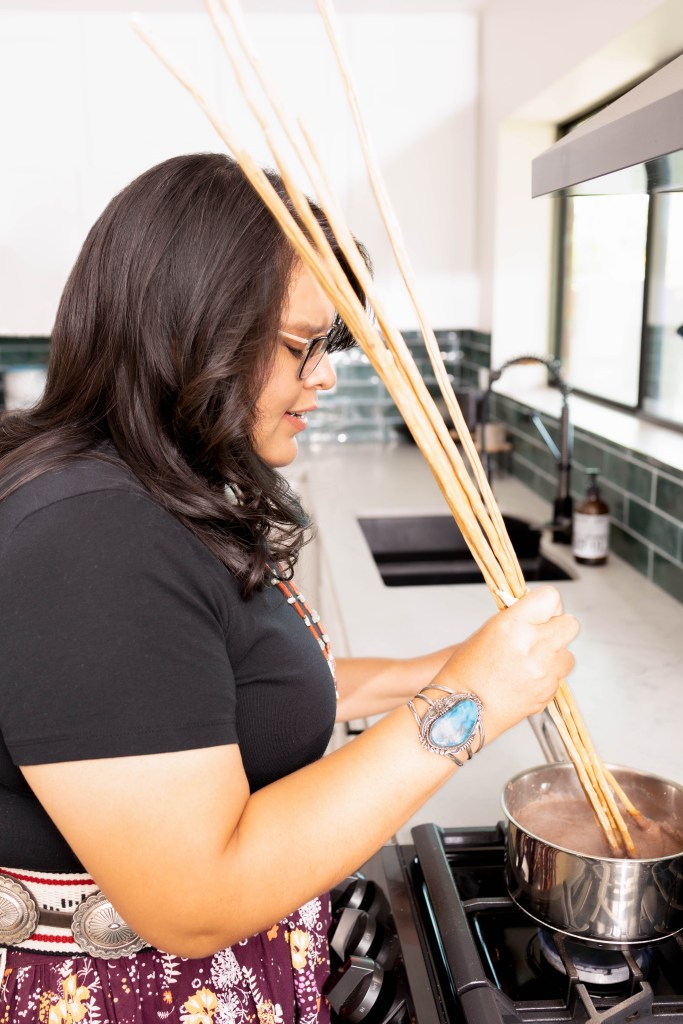
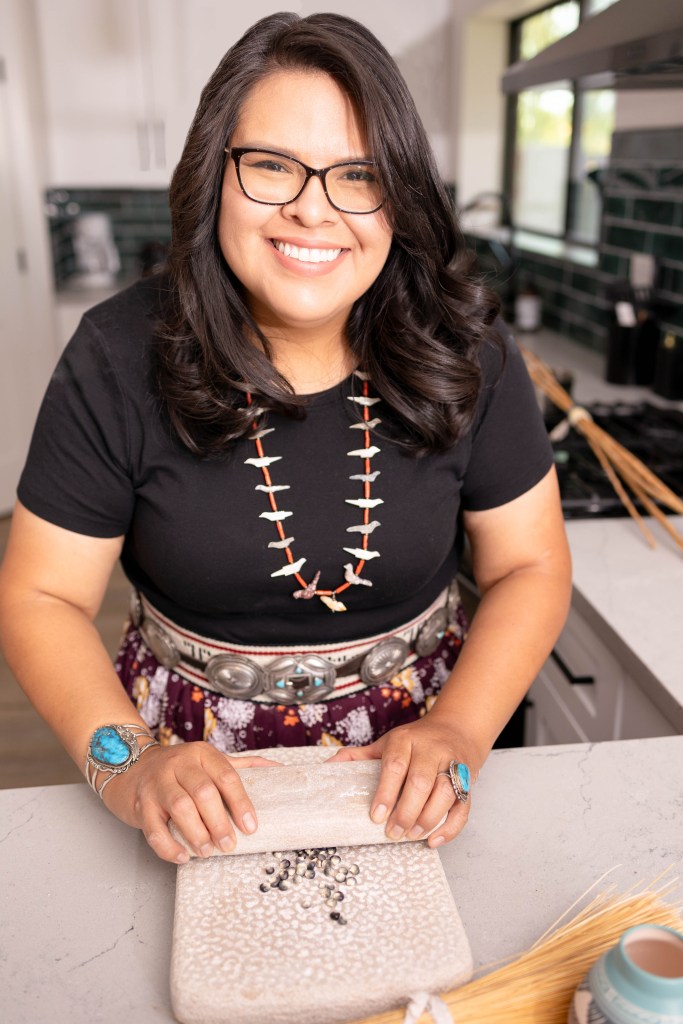
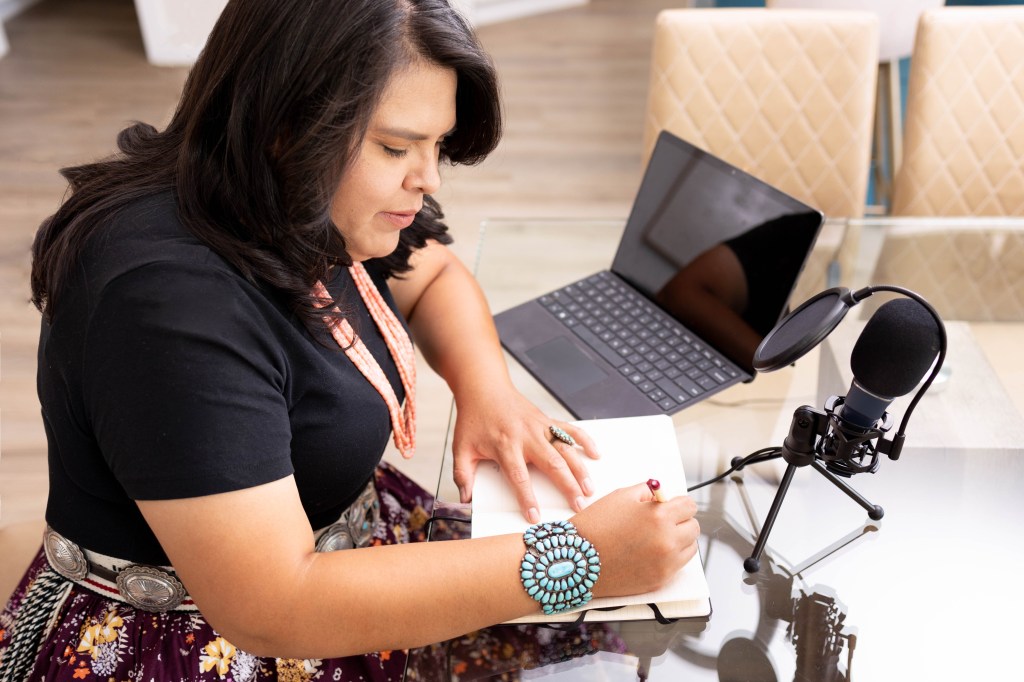
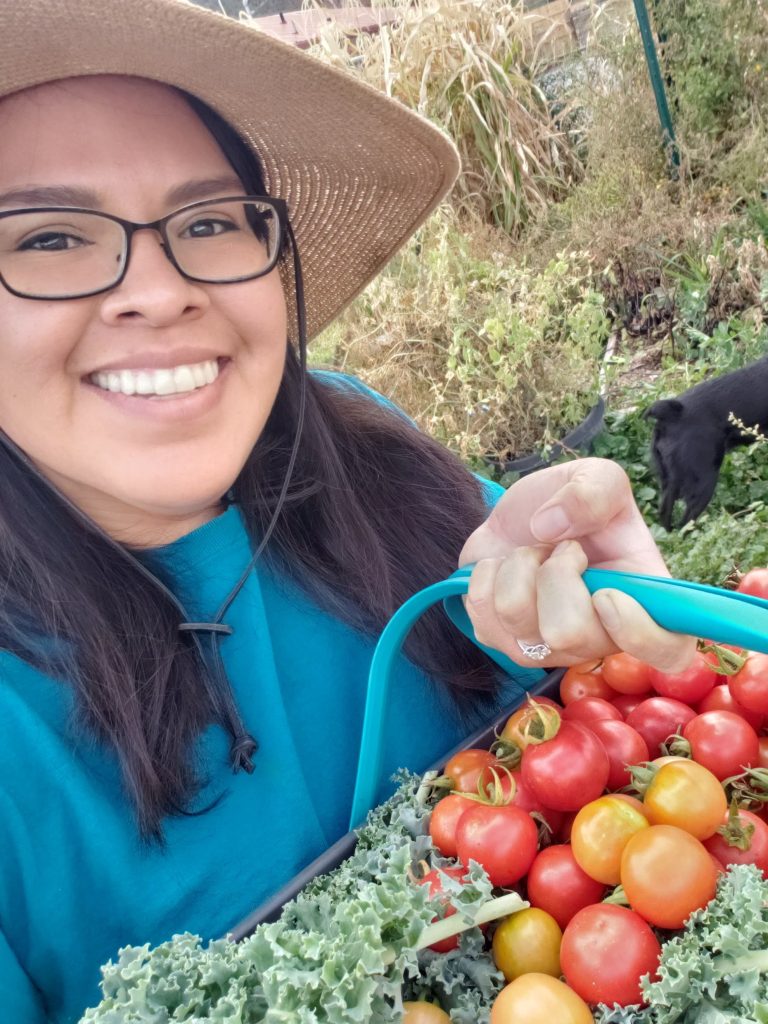
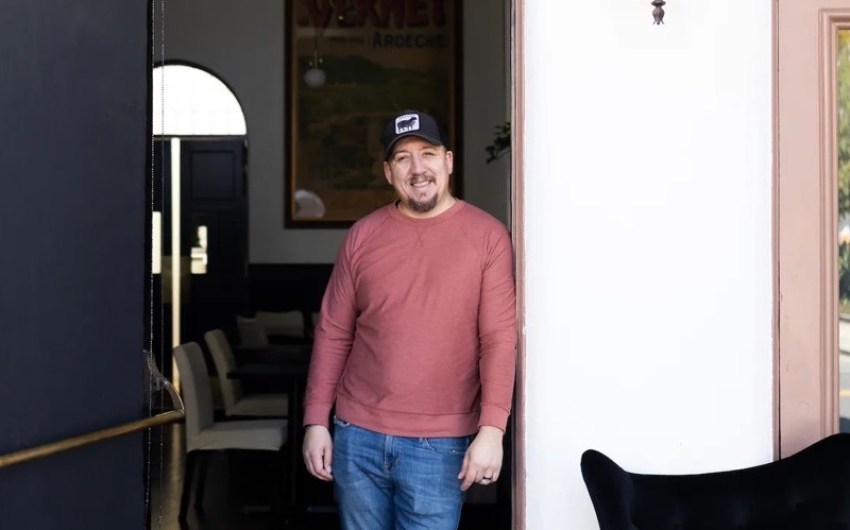
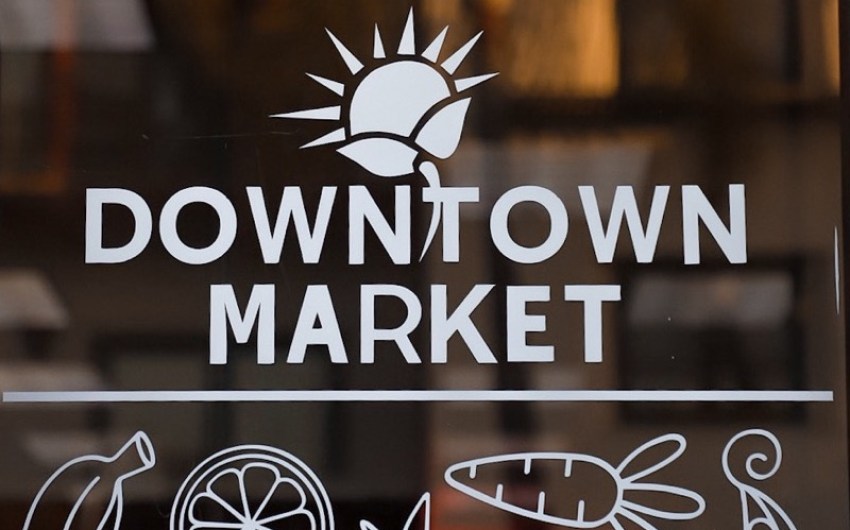
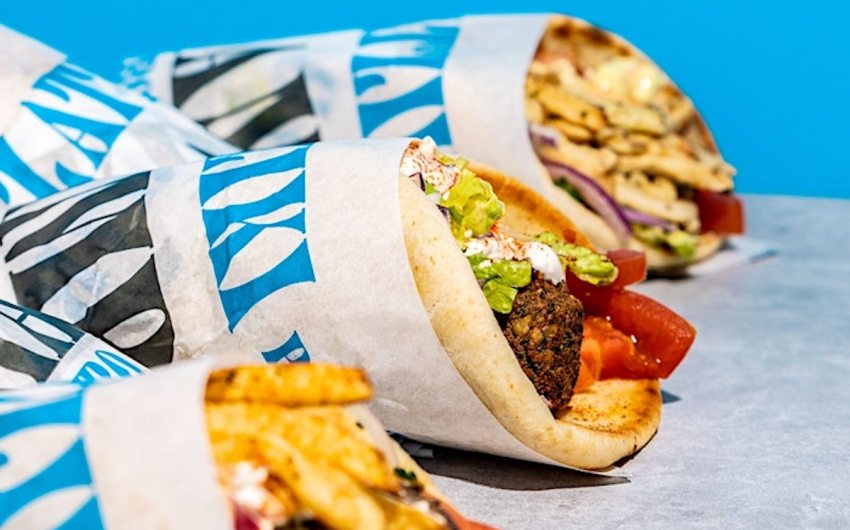
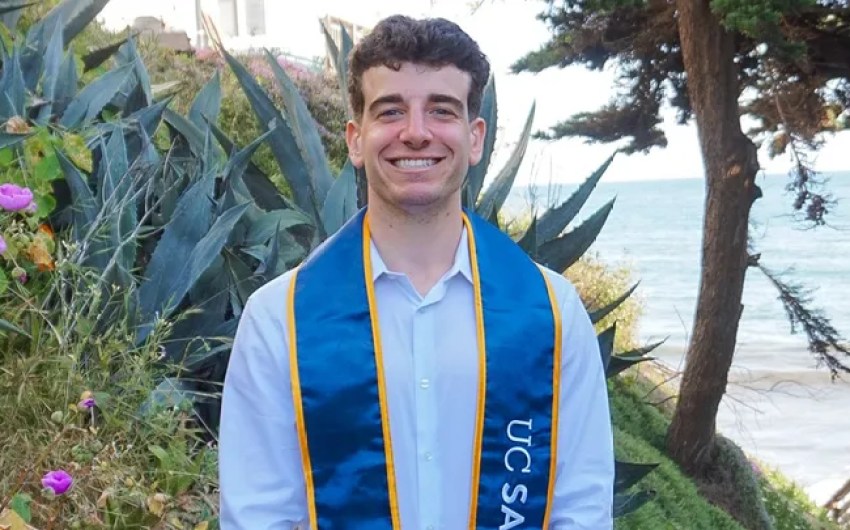
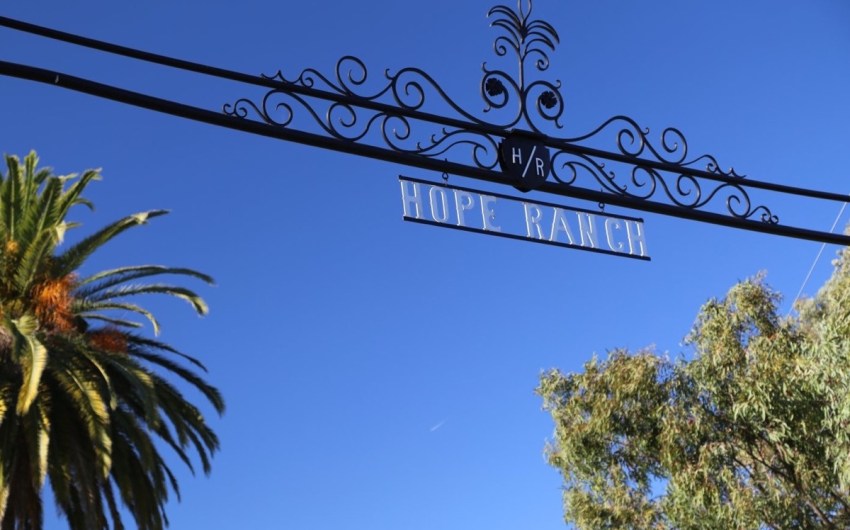
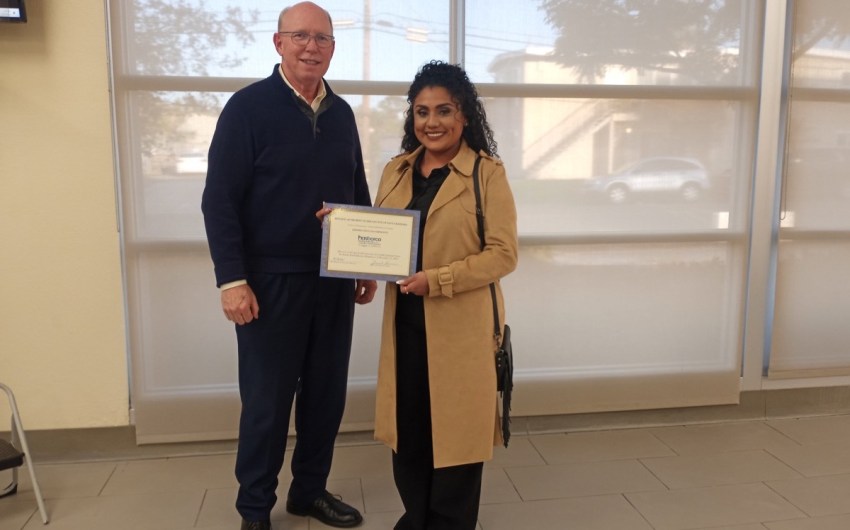


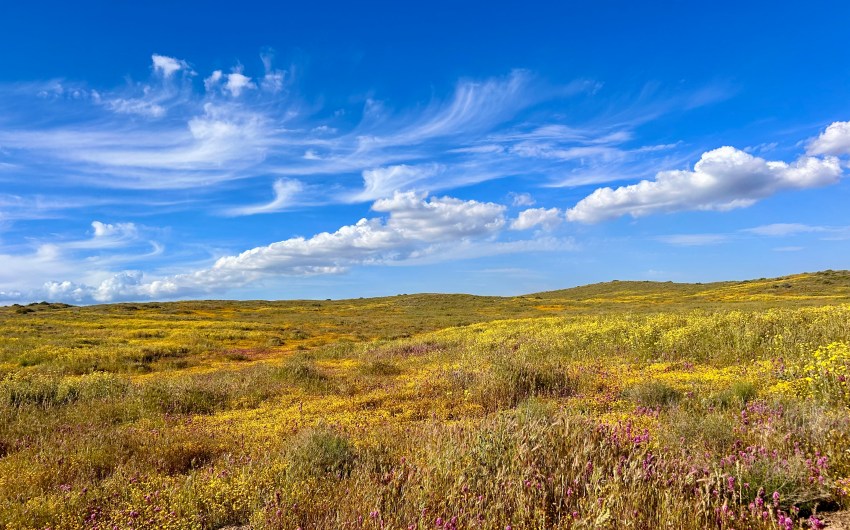
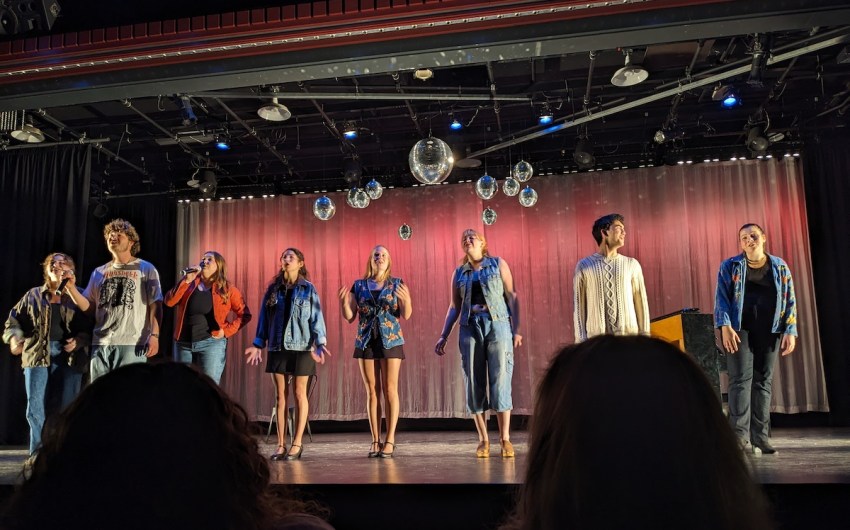
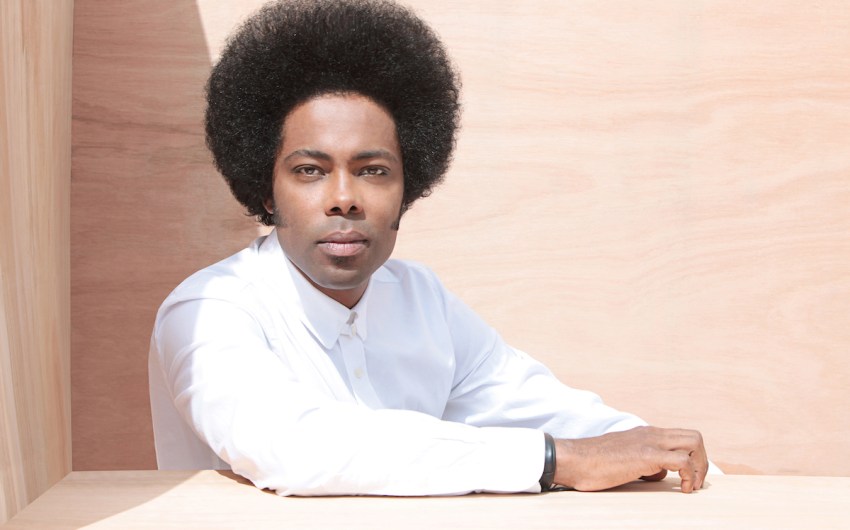
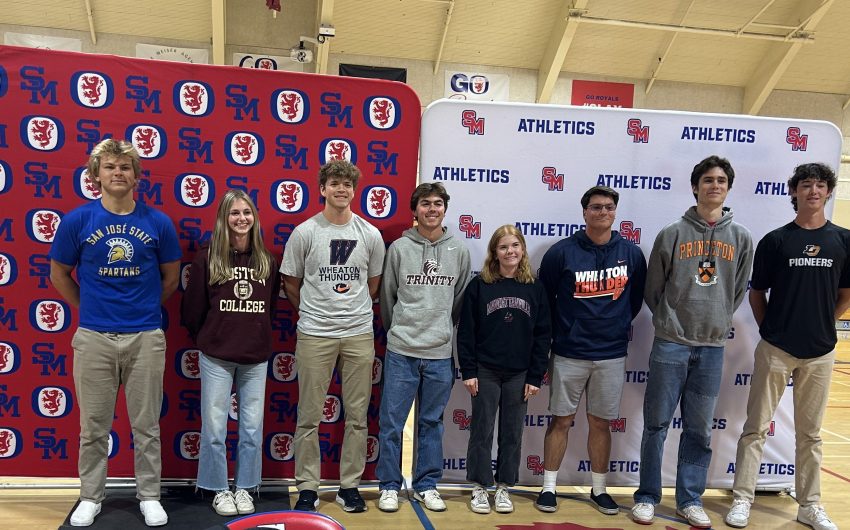









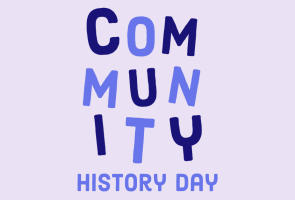
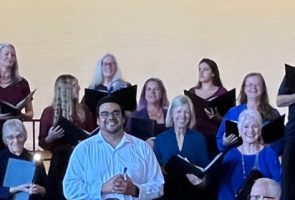

You must be logged in to post a comment.